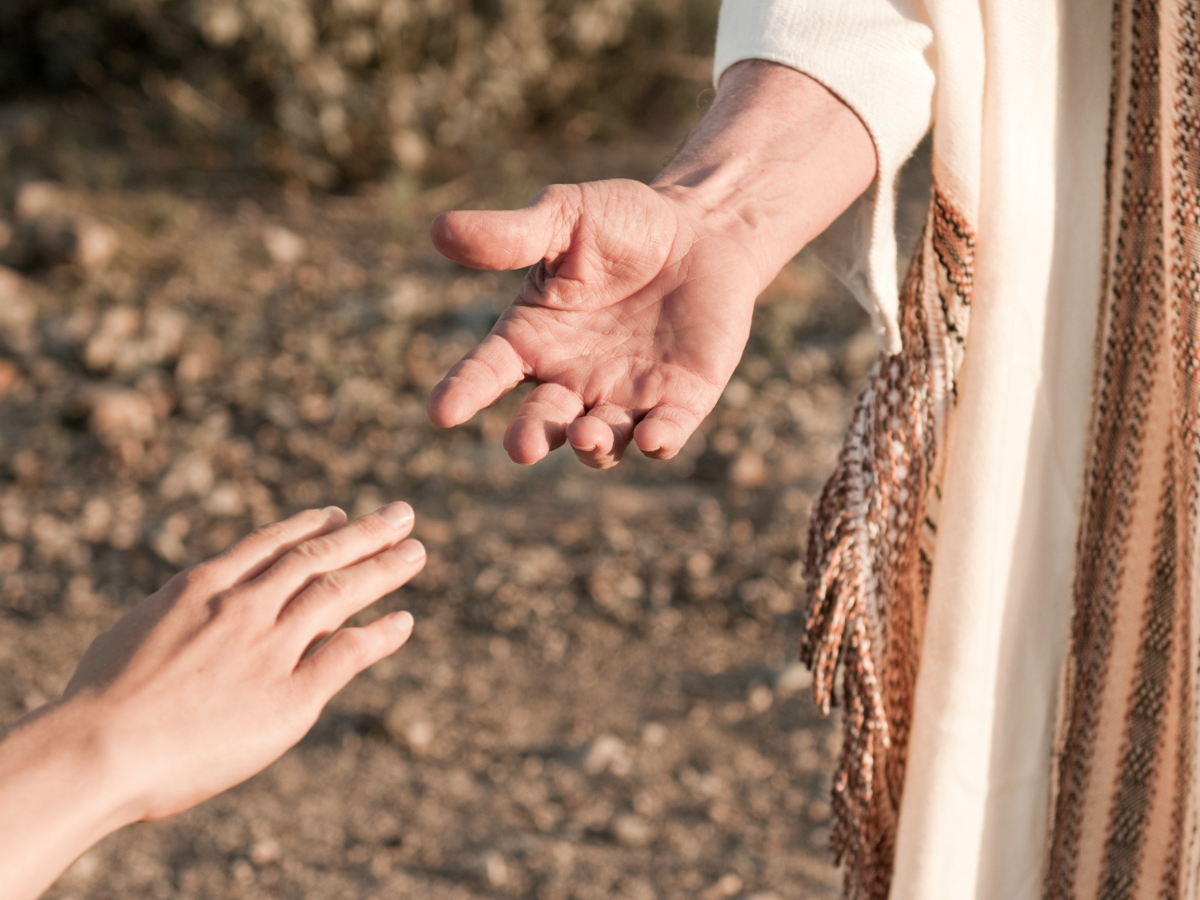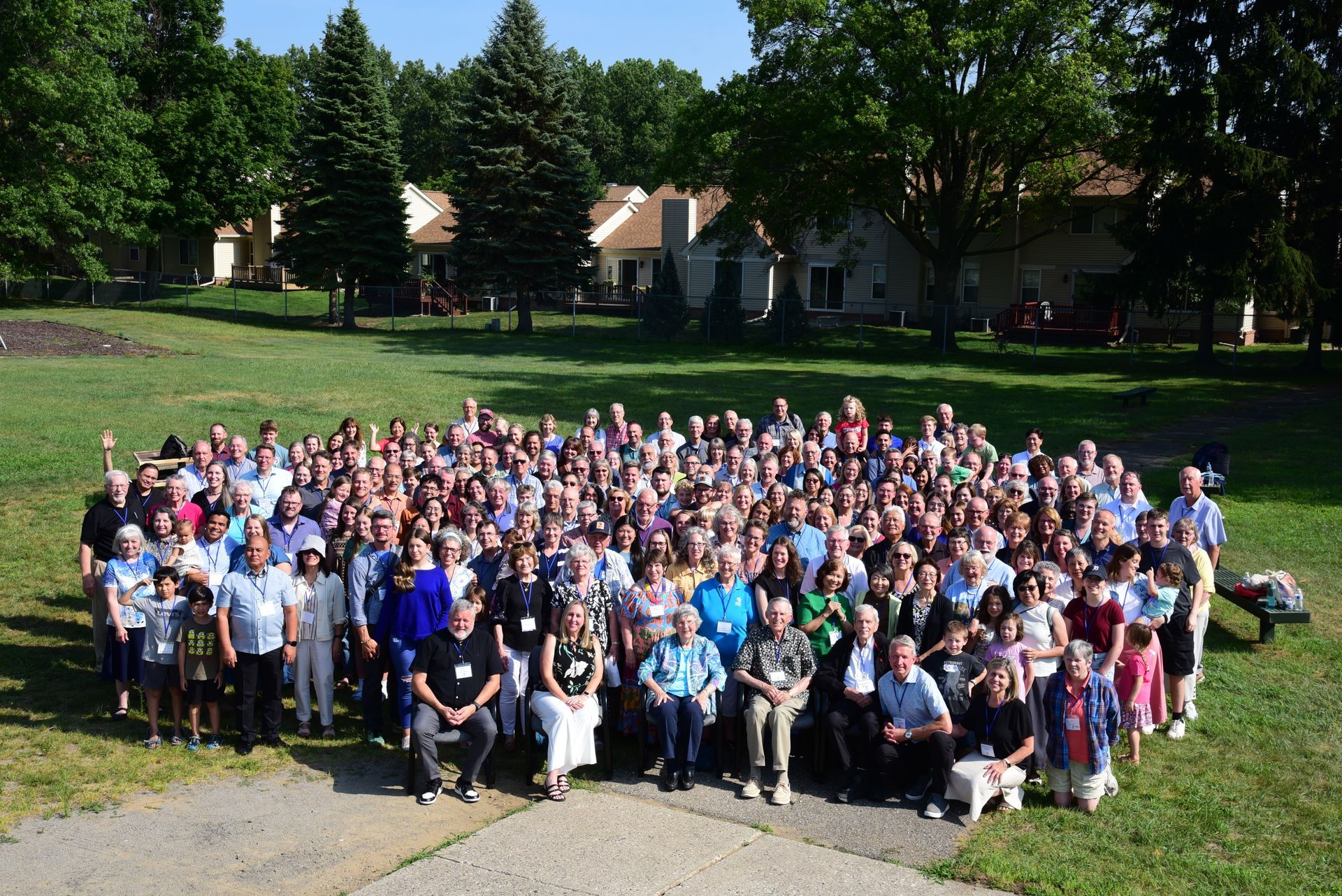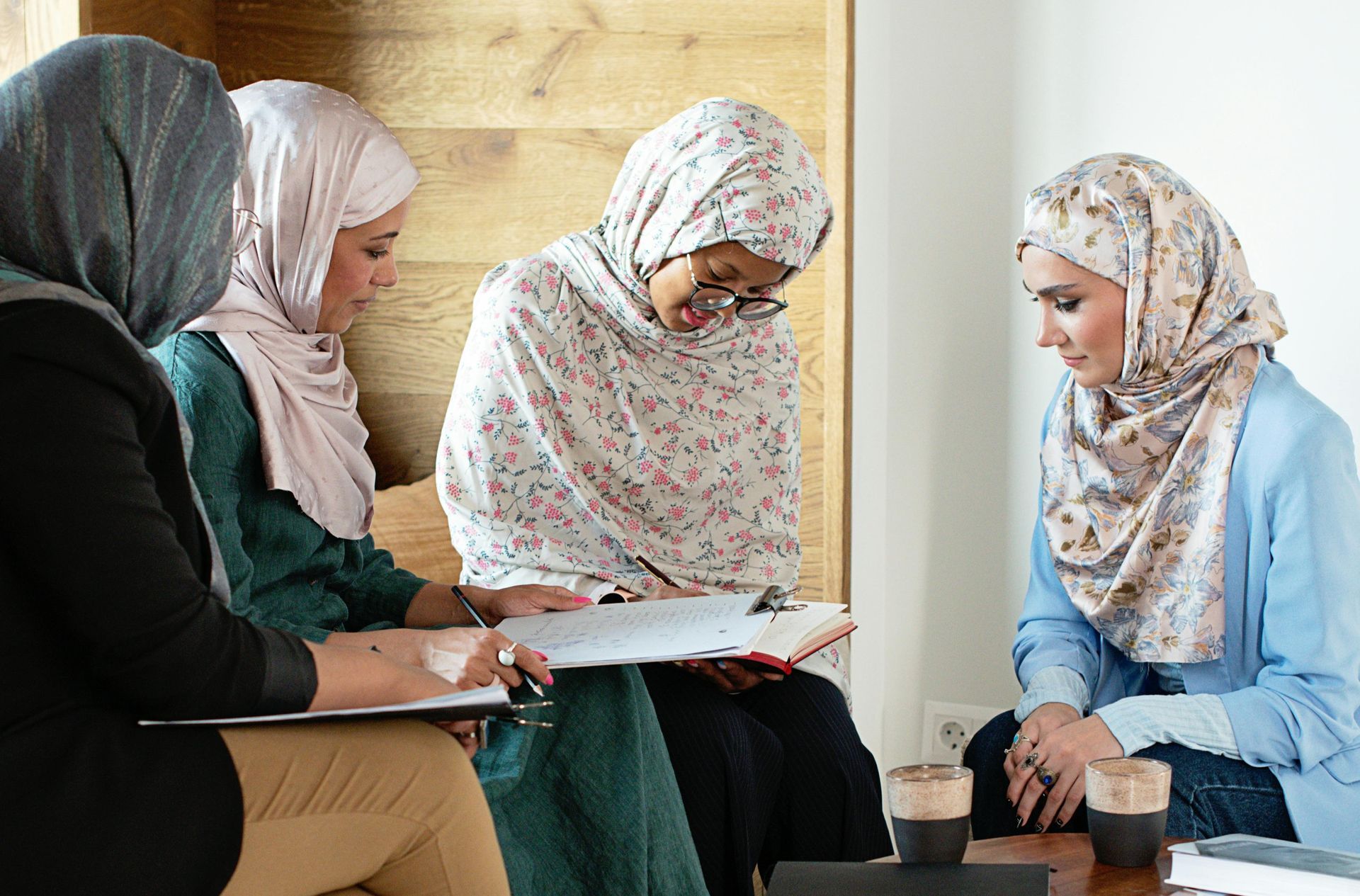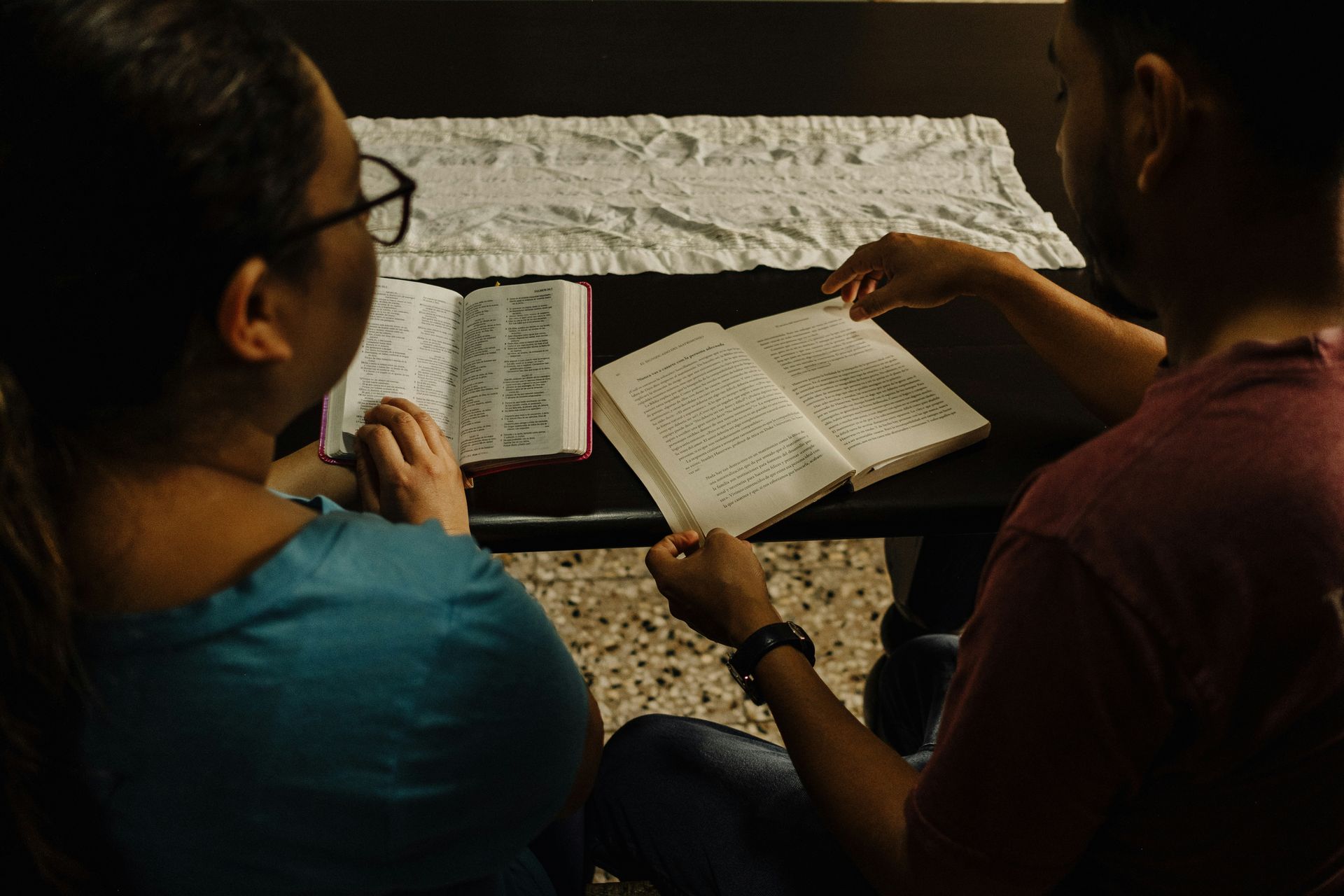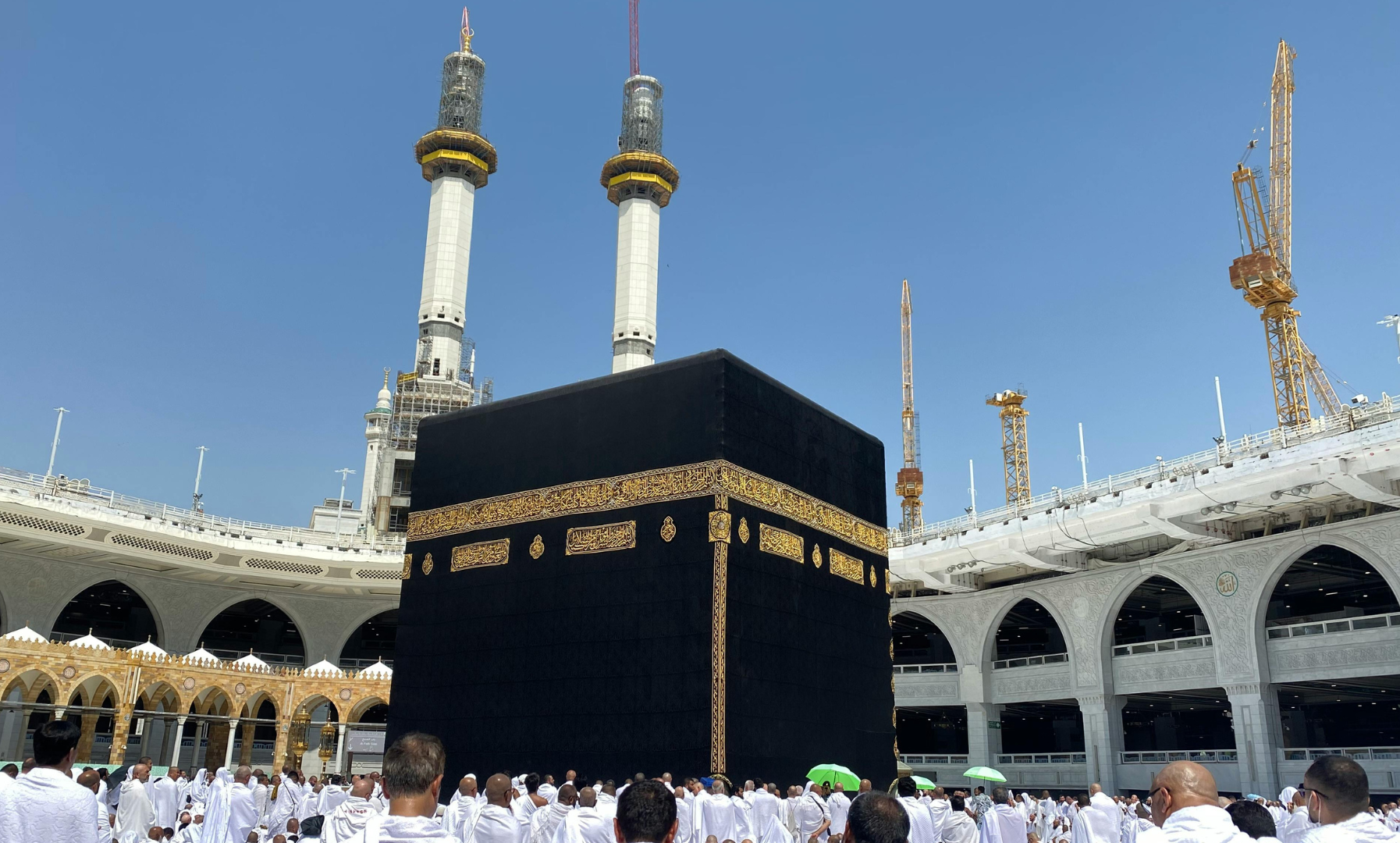
When pursuing missions as a 22-year-old, a big concern I had was my ongoing struggle with depression. Even though dark thoughts plagued me on and off since early high school, I never talked about them with anyone. I remember one summer day before my sophomore year of high school, looking out my bedroom window and feeling despair settle over me.

When God First Widened My World: Remembering Urbana 1996 I still remember the winter air. It was December 1996, and I was a junior at Oakland University in Rochester Michigan, serving as a small group leader with InterVarsity Christian Fellowship—the ministry that had profoundly shaped my faith since my freshman year. I was growing spiritually, serving faithfully in my local church, and stepping into leadership on campus. Attending Urbana felt like the natural next step. Urbana only happened every three years, and I knew that once I graduated, I might miss the chance altogether. My church believed in that moment enough to cover the cost. They entrusted me—and my campus minister—with a van full of college students, driving from Detroit to Champaign-Urbana during the quiet days between Christmas and New Year’s. I had heard the stories: thousands of students, passionate worship, a clear call to live fully for Jesus. What I encountered exceeded every expectation. A Campus Taken Over by the Kingdom Buses poured in from every direction, unloading students onto a snow- covered campus. Dorm rooms filled. Cafeterias buzzed. The entire university seemed overtaken—not by noise or spectacle, but by a quiet, collective hunger for God. For the first time in my life, I met students from places far beyond Michigan— Harvard, Loyola, Wheaton. My world was expanding in real time. I don’t remember every speaker or session. What I do remember is the unmistakable clarity of the invitation. God was bigger than I had ever imagined. Not just personal. Not just local. He was King of the nations. And there were people—millions of them—who had never heard His name. The question was simple, but it felt weighty: Would I commit my life, in whatever way God asked, to the Great Commission? Explore God’s leading toward the nations with a SEND missions coach.

Over the past few weeks, I had the privilege of joining several SEND leaders on a deeply moving survey trip through Myanmar and Nepal. This journey wasn’t just about exploring ministry opportunities—it was about listening, learning, and witnessing firsthand how God is at work in some of the most complex and challenging corners of our world.
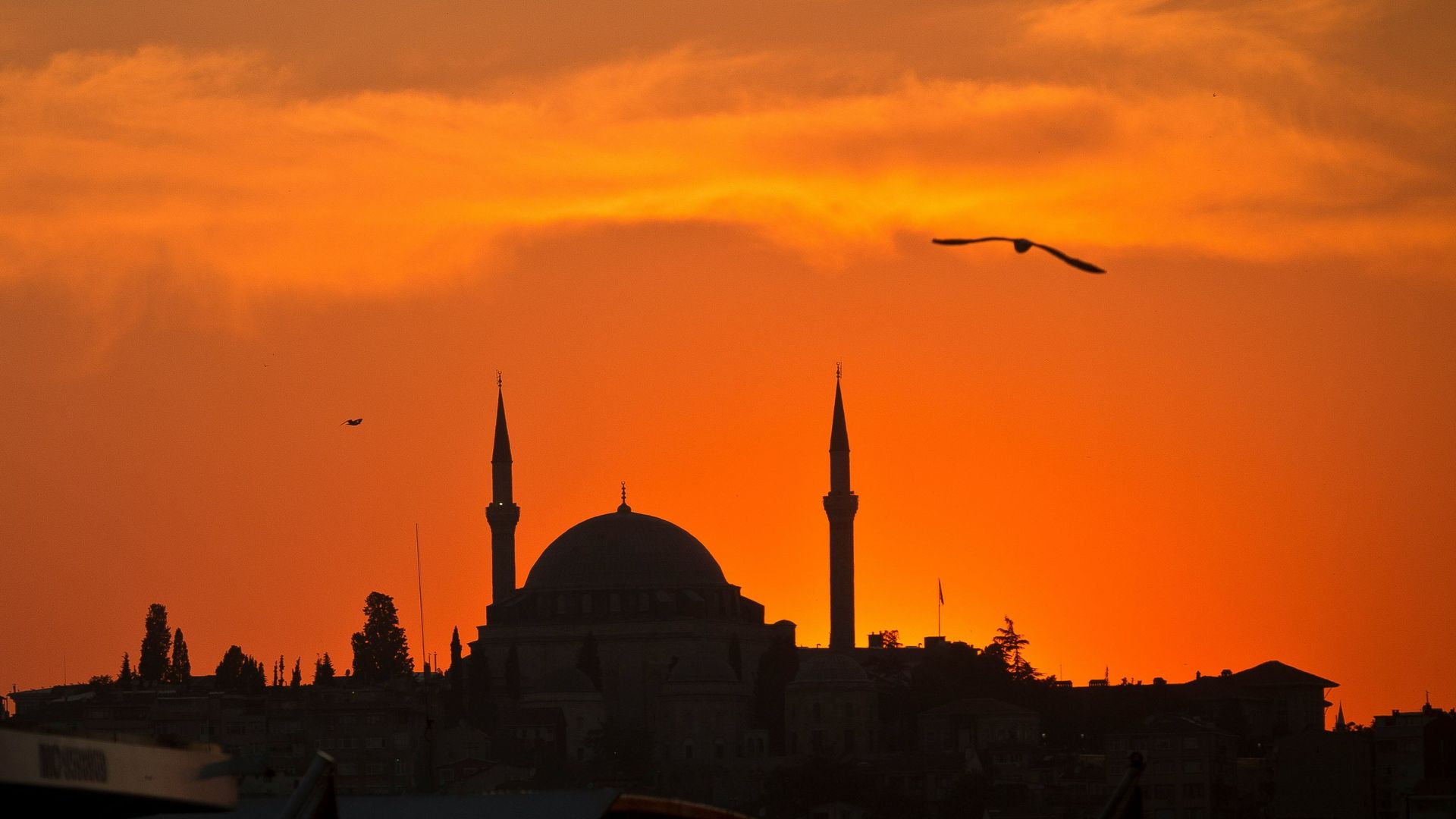
Have you ever made a New Year’s resolution only to break it in less than a week? On March 1, 1.8 billion Muslims began their annual fasting month called Ramadan. They are supposed to fast completely—no water or food—during daylight hours from March 1–Mar 29. It begins with much fanfare, promises, and declarations, as fasting during Ramadan is one of the five pillars of Islam. Muslims believe that faithfully keeping the fast ensures one’s place of favor with God.

We have a Christmas ornament that states: “Wise men still seek Him.” I like that statement, but it is missing something. We seek him because he first sought us. Inside each of us, there is a voice calling us to know our creator. Saint Augustine wrote in his Confessions, “You have made us for yourself, O Lord, and our hearts are restless until they rest in You.” Our Muslim friends need to hear these wise words written so many years ago. They seek to settle the restlessness and uncertainty they feel through their actions or merit by following the Five Pillars of Islam: Fasting, Giving to the Poor, Pilgrimage/Hajj, Daily Prayers, and Reciting their Creed. But it is God’s gift for us to find our rest in Him. It is not based on who we are and what we do, but on him and what he has done for us. Our call as followers of Jesus is to speak the Word, live out the Word in front of them, and help them see that this rest, this grace, is not based on good deeds but through submission to the Lord.


